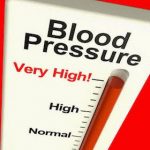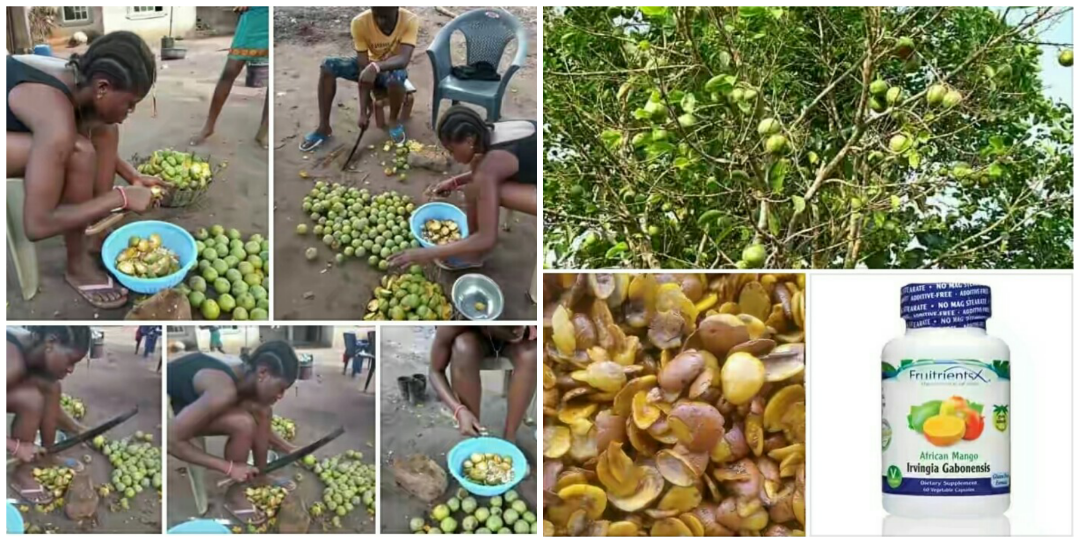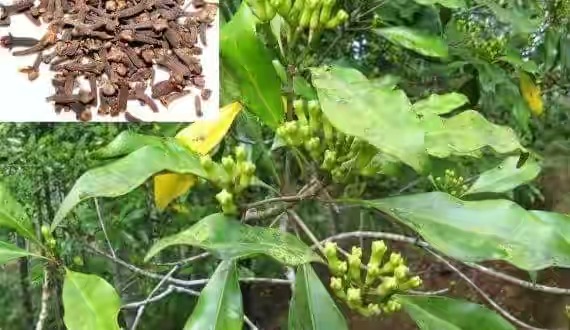Non-pharmacological/Natural Remedies for Hypertension
Salt restriction interrupts pathophysiologic chain of events by lowering extracellular fluid volume and lowers blood pressure similar to diuretic therapy. It is therefore recommended that all cases of hypertension should restrict their sodium intake to approximately 6 grams of sodium chloride salt or 2.4 grams of sodium per day.
In order to achieve that much sodium restriction, the following measures should be adopted: a) reduce salt for cooking by 50% b) substitute natural foods for processed foods c) no sprinkling of salt on dining table d) avoid salty snacks such as pickles, chutneys, papad, salted nuts e) use salt substitutes containing potassium f) avoid medications such as antacids as these are rich in salt and remember that baking soda contains a lot of sodium.
Experts of Chronic Non-communicable Diseases of the Standing Committee on Nutrition of the WHO, to which I am a member, recommend 5 grams or less of sodium per day, especially in populations known to have a high salt intake or a high prevalence of blood pressure.
One of the natural remedies for hypertension Physicians, Nutritionist and Dietitians are fascinated by is the DASH diet. DASH stands for Dietary Approaches to Stop Hypertension. The initial DASH study tested three diets over an eight week period with blood pressure as an end-point: (a) Typical diet (control, Western diet), (b) a diet high in fruits and vegetables (c ) a fruit/vegetable diet combined with reduced fat and cholesterol intake (combined). Compared to control diet, the combined diet lowered SBP and DBP by 5.5 and 3.0 mm Hg respectively and fruit/vegetable diet lowered these values by 2.8 and 1.1 mm Hg, respectively.

Credit: Emergency Medicine Cases
The BP lowering effect was seen in those with and without hypertension, in men and women, and in all ethnic groups, who were taking usual sodium intake of 3 gm/day and without weight loss. Among hypertensive patients, however, SBP and DBP dropped even more, up to 11.4 and 5.5 mm Hg, respectively, in comparison to those on control diet. It therefore seems that diet low in saturated fat and cholesterol and higher in fruits and vegetables may be more beneficial for blood pressure and cardiovascular risk.
High intake of foods rich in potassium (vegetables, nuts and fruits) decreases blood pressure by increasing the loss of potassium in urine. The general population needs to consume at least 3500 mg of potassium; the upper tolerable limit (intake that does not cause toxicity) is 4700 mg. In fact, anthropologic studies indicate that our ancestors during the Neolithic and Paleolithic period consumed about 10000 mg of potassium.
However, people with kidney problems should avoid large doses of potassium. Unfortunately, DASH diet is high in dairy products, which are not popular in tropical countries including Nigeria. Therefore, people dwelling in tropical countries should consume other food rich in calcium.
Caffeine present in coffee, tea and beverages like Coca-Cola is known to raise blood pressure in occasional coffee drinkers, but its regular use in moderate amounts is not associated with hypertension.
On acute consumption of 2-3 cups of coffee (250 mg of caffeine), blood pressure rises by 5-15 mm Hg and may remain high for two hours. But chronic caffeine.
Consumption of fish, especially fatty fish (sea fish) usually decreases blood pressure, especially in people with existing hypertension, abnormal metabolism of fat and atherosclerosis.
The general population should consume 2 portions of fish per week. Pregnant women, children and the elderly population should restrict their intake of sea fish to 1 portion per week. This is because sea foods may be contaminated with heavy metals, especially mercury; the immune system of these populations is already compromised/weakened.
There is no doubt that consumption of clove of garlic per day decreases blood pressure and can be used for the management of hypertension. Garlic plays a significant role not only in the prevention and treatment of clove of garlic per day decreases blood pressure and can be used for the management of hypertension.
Learn to boost your immune system here
Garlic plays a significant role not only in the prevention and treatment of hypertension, but also for the management of other chronic diseases, including cancer. There is one popular English saying, which goes as follows: “An apple a day keeps you away from the doctor.” I go one step further by stating: “An apple a day keeps you away from the doctor, but a clove of garlic a day keeps you away not only from the doctor, but from everything and everybody.”
However, for garlic not keep you away from everybody, especially your friends, I recommend that after the eating garlic, people should chew parsley leaves. Parsley is the natural enemy of the garlic odour. Insha Allah, hope to be back soon!
Are there other natural remedies for hypertension or high blood pressure you know?
These are the thoughts of:
Sa’eed Halilu Bawa
Senior Lecturer (Associate Professor) at University of the West Indies, St. Augustine Campus, Trinidad.
Studied Food and Nutrition Sciences, Dietetics at Kaduna Polytechnic, Nigeria; Warsaw University of Life Sciences, Poland.
























